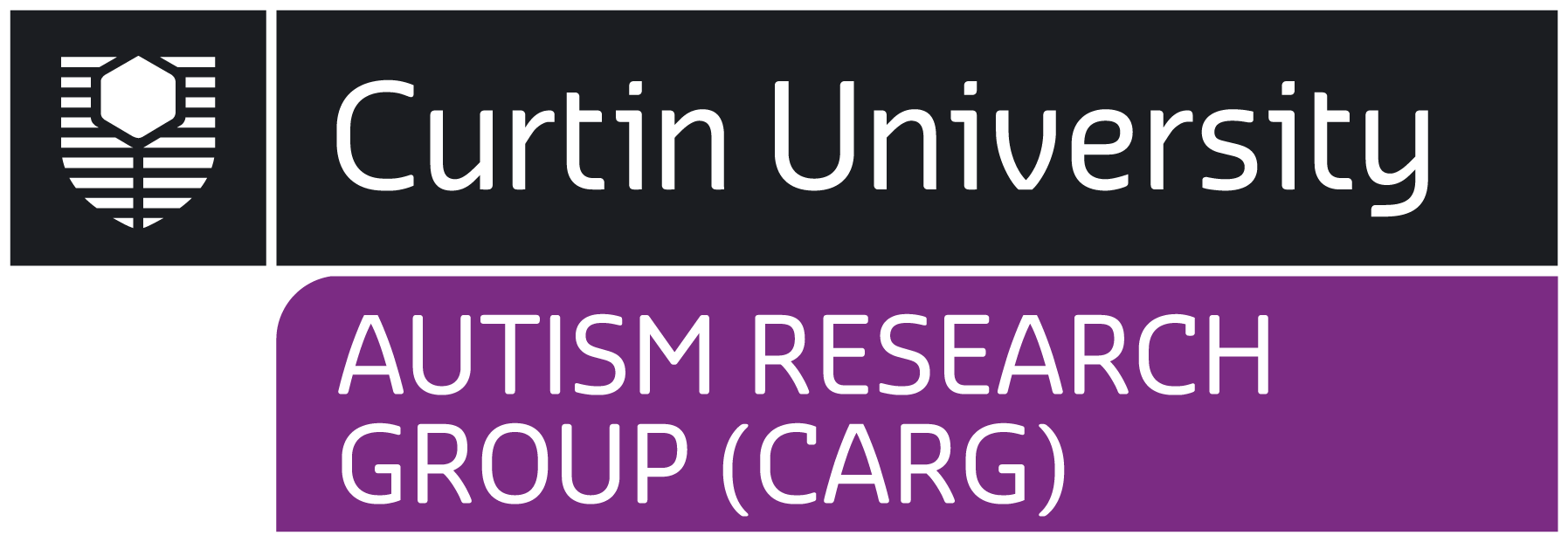Developing a support and training program for employers of adults on the autism spectrum
One of the aims of the Curtin Autism Research Group is to help improve employment rates for the autistic community. One way to do this is to design a support and training program that would help prepare employers, so they gain the knowledge, skills and confidence to successfully employ and support adults on the autism spectrum.
Ideally, the program would provide the resources and support they need to apply tried-and-tested recruitment and employment strategies that supports people with autism and to create workplaces where people on the autism spectrum can succeed.
We’ve collaborated with the Autism CRC to undertake research that would help determine what to include in such a support and training program. We recently interviewed adults on the autism spectrum and their employers and were able to find out information such as:
- The challenges employers face.
- The strengths and weaknesses of current practices.
- What has worked, what hasn’t and in what situation.
- What employers are doing to meet the needs of adults on the autism spectrum.
- How employers modify their recruitment practices and workplace environments for adults on the autism spectrum.
- How employers and employees provide support.
- The value that adults on the spectrum are bringing to the organisations.
- The resources that can make a difference for employers and each person on the team, including the individuals who are on the autism spectrum.
- Any additional support that employers need to successfully employ and support adults on the autism spectrum.
- Any additional support that adults on the autism spectrum need to succeed in the workplace and to maintain employment.
Our initial findings will be published and then we will proceed to the next stage where we’ll seek additional information from employers who are yet to employ adults on the autism spectrum.
To find out more about this project or you can get involved, contact our researcher Rhonda Chapman
